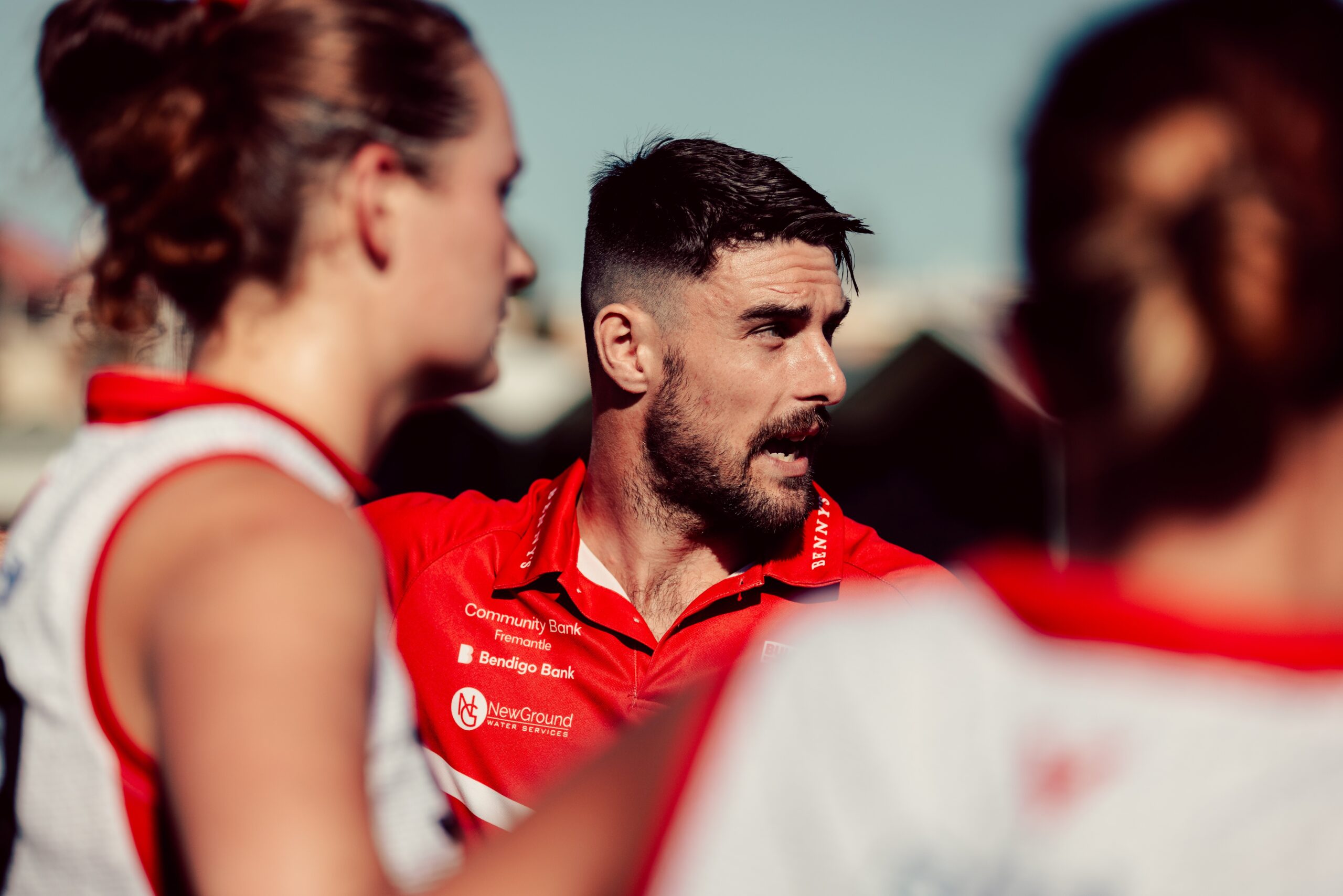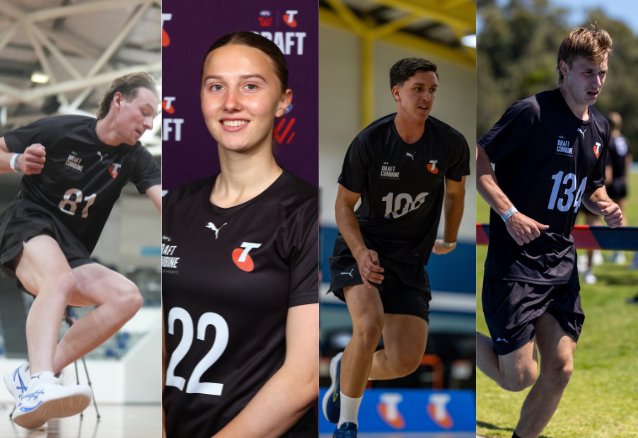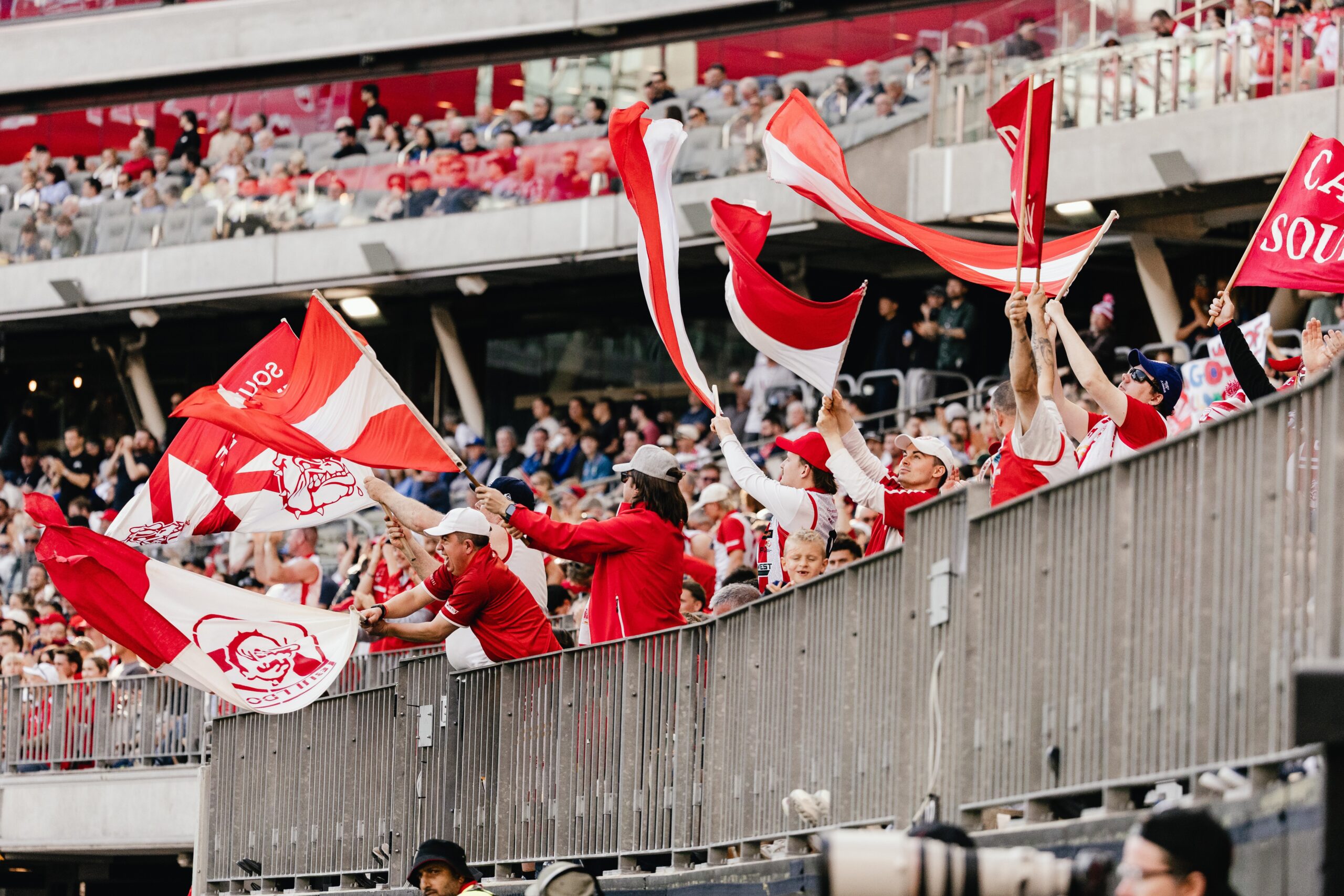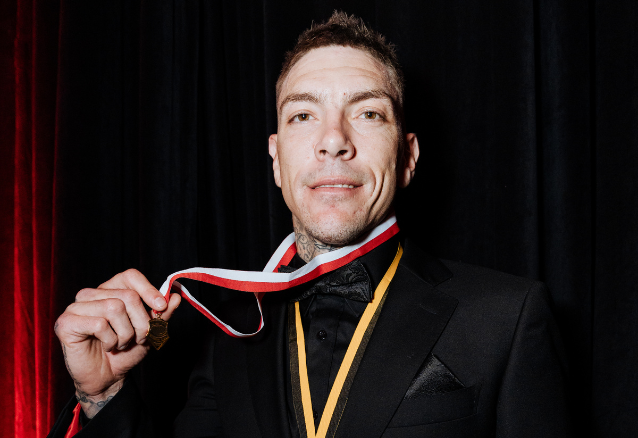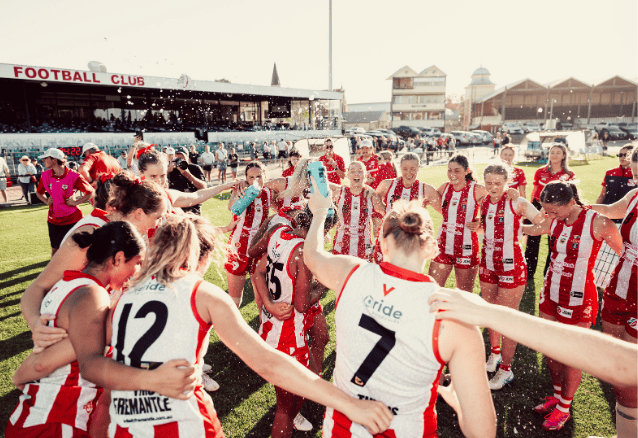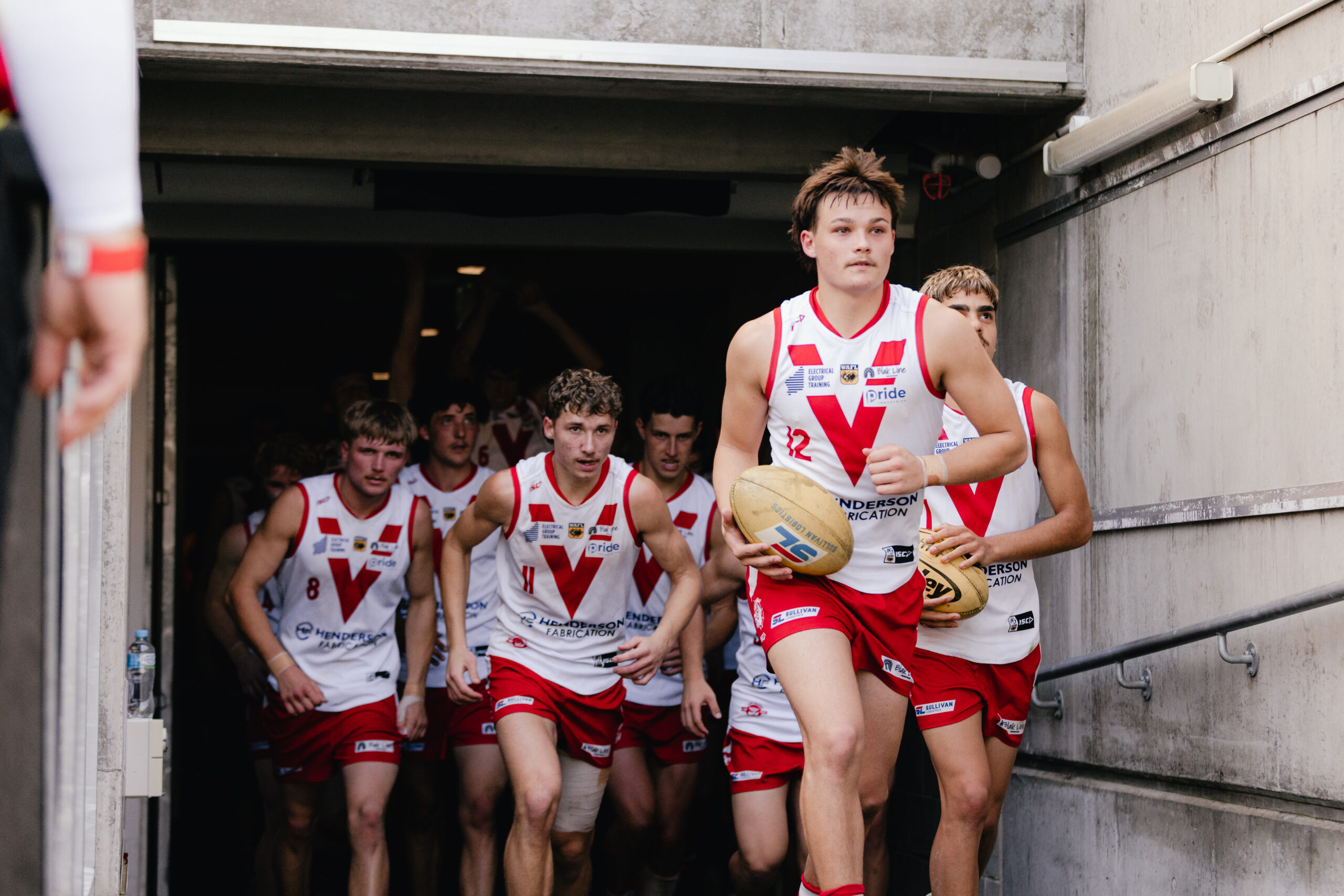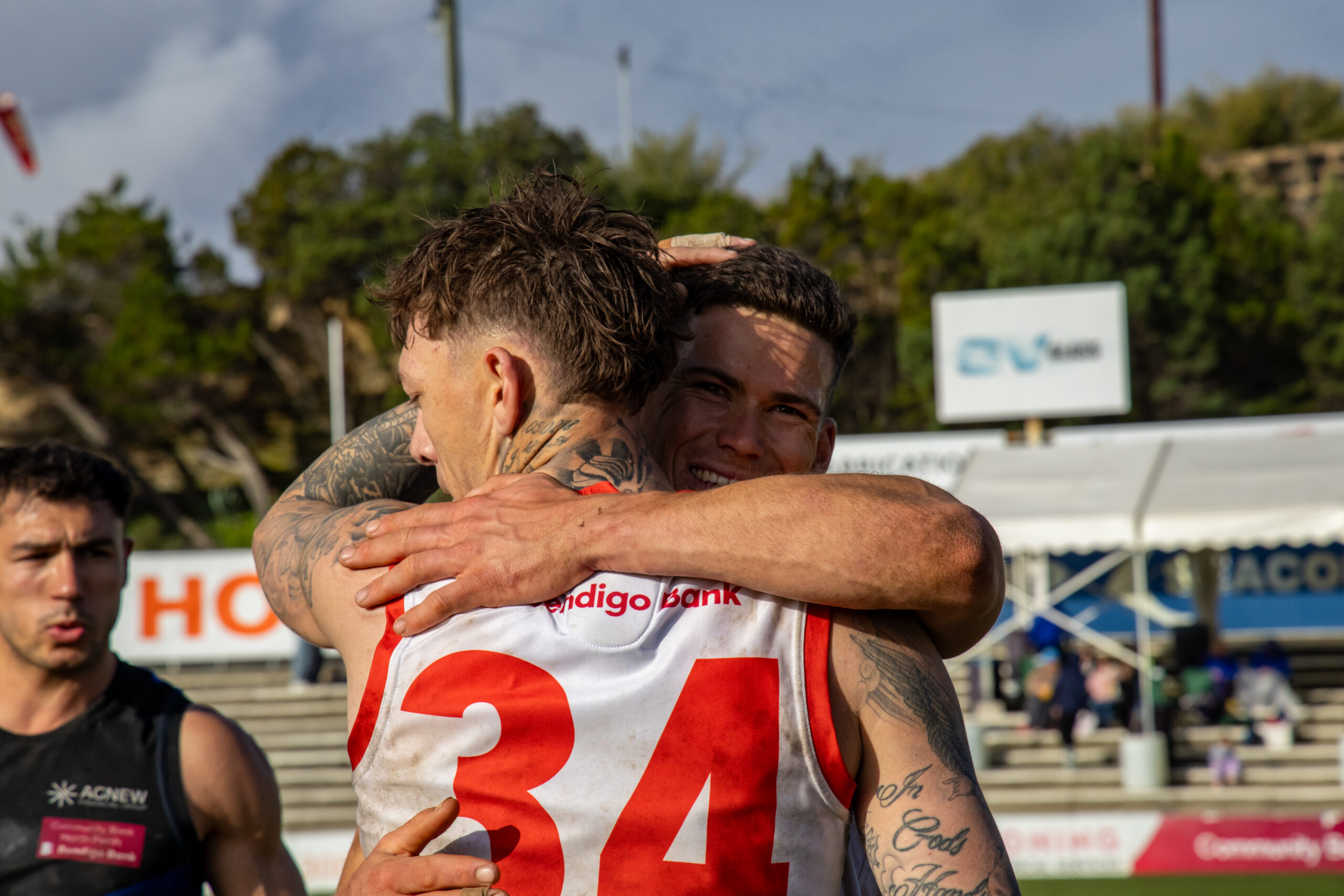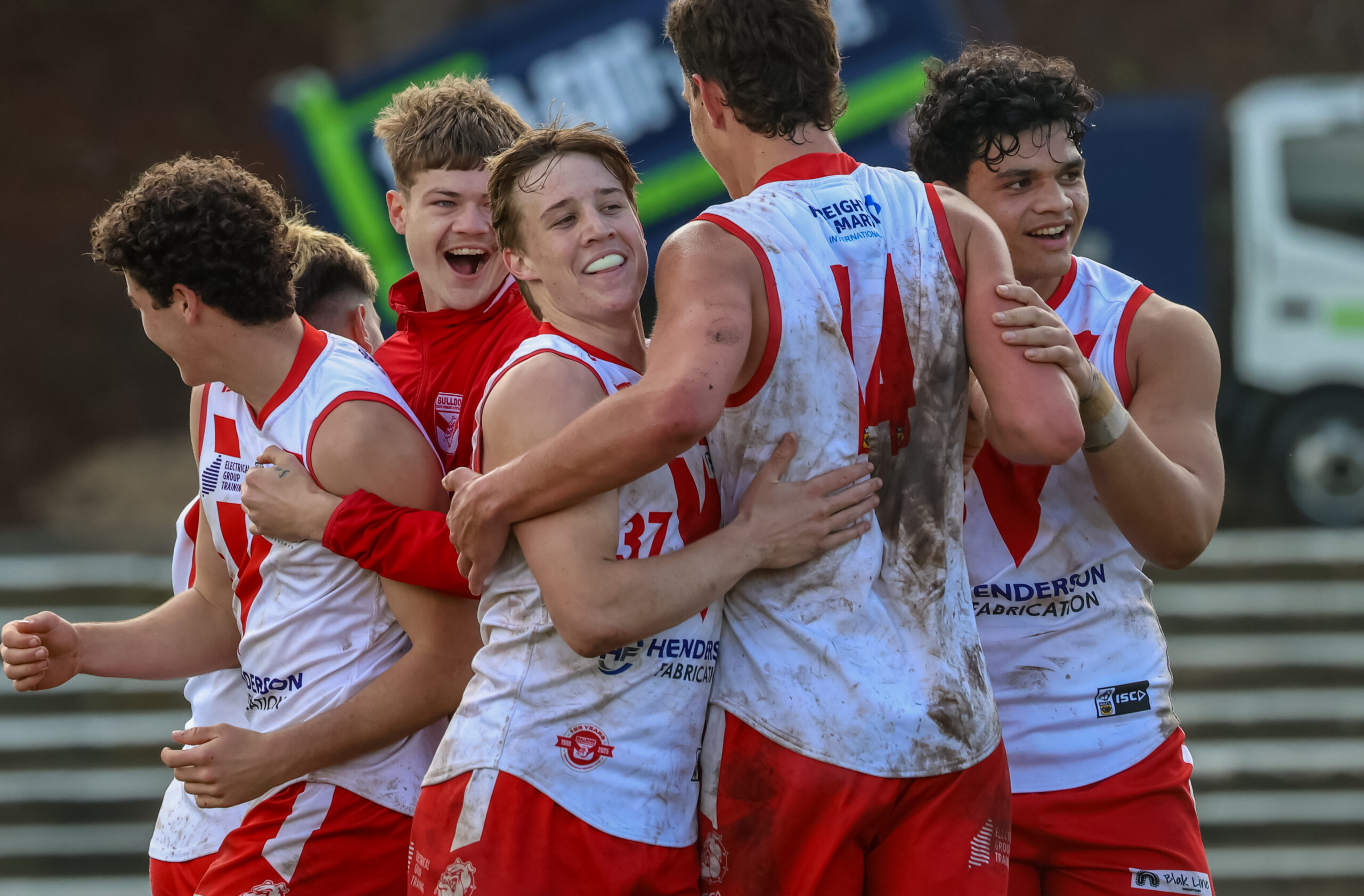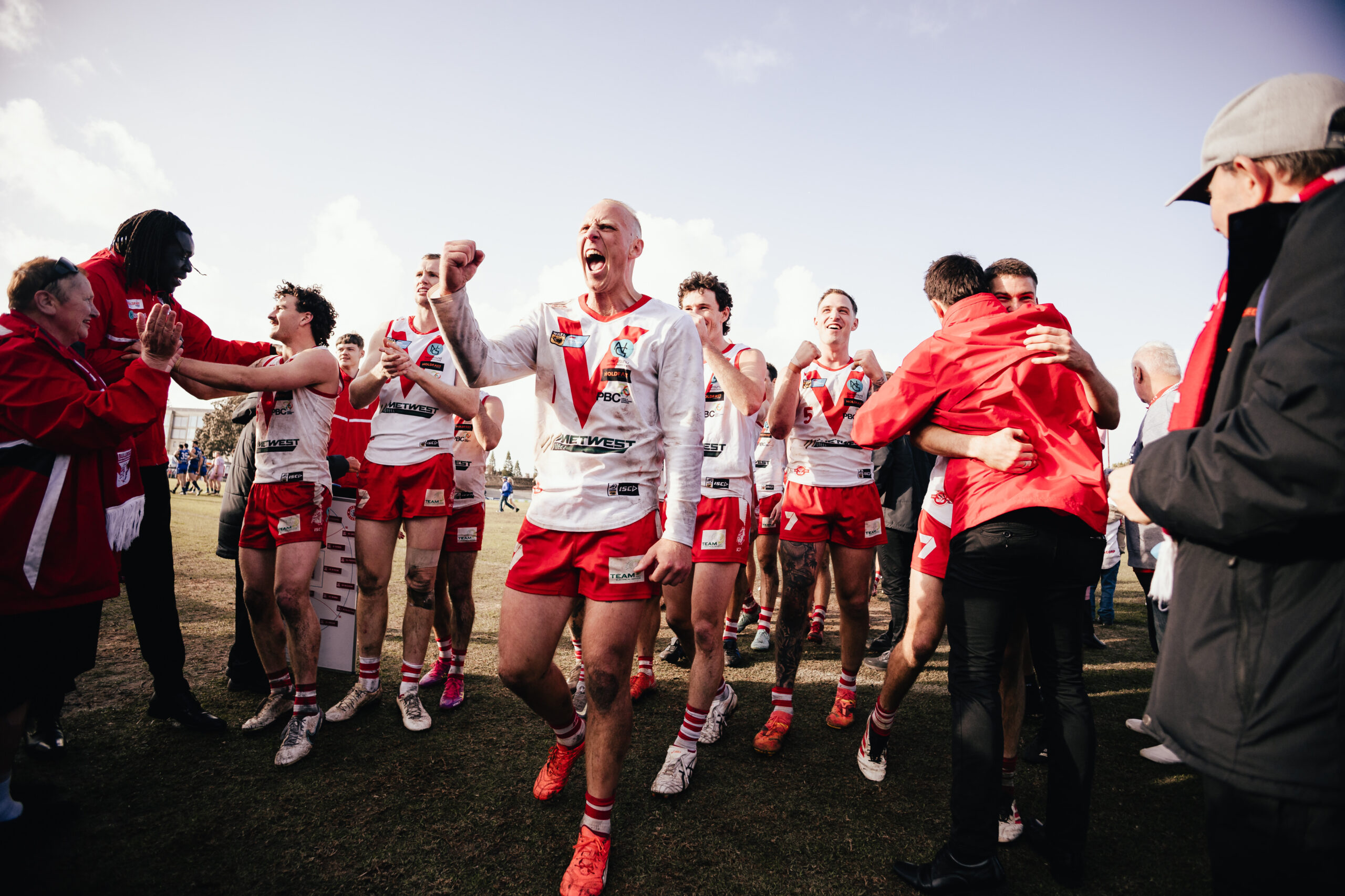No place like home: Why WA legend Stephen Michael resisted the Vics’ call
Author: South Fremantle Football Club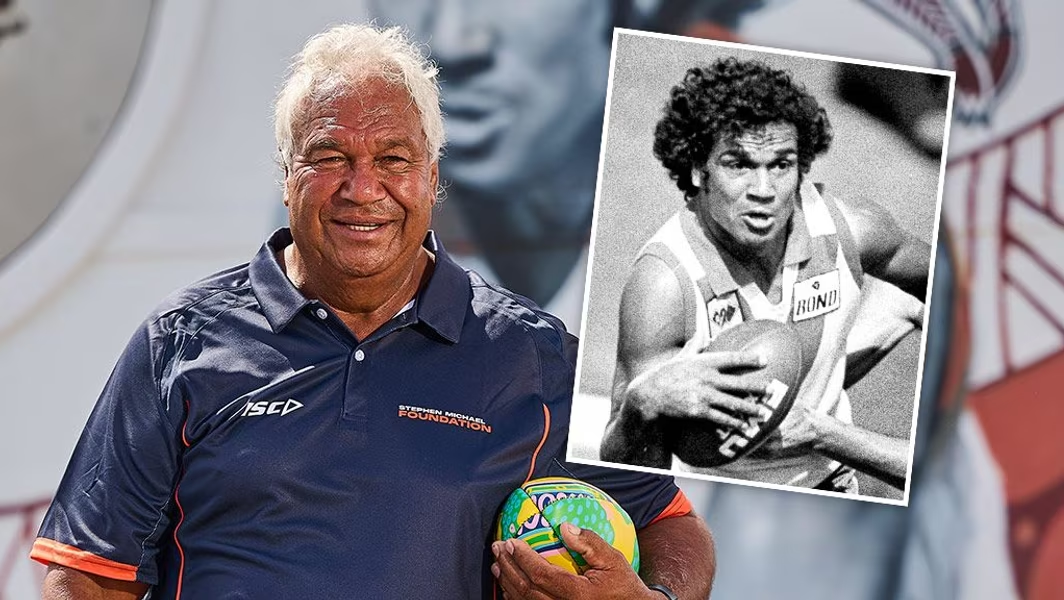
Full credit to Dr Sean Gorman
The South Fremantle champion had plenty of chances to try his luck in the VFL, but he chose greatness in his home state – and his legend continues to grow.
FOR MANY followers of the code, Stephen Michael is considered to be the best player to have never pulled on a VFL jumper. This was not for lack of trying by eastern states clubs, who made several lucrative offers for the athletic ruck’s services.
But Michael’s criteria to carve out a sporting legacy and what success meant to him was something the VFL clubs did not fully understand. It was not based on money, glory or fame but centred around one thing: his parents.
Born in the Western Australian wheatbelt town of Wagin in 1956, Michael was raised in Kojonup, 250 kms south of Perth. Named after the kodja (stone axe) used by the local Noongar peoples for centuries, the kodja acts as a metaphor for Michael’s playing ability: hard, lethal and effective, as he would cut swathes through the opposition due to his fitness, determination and skill.
“I grew up in Kojonup. My Dad worked on the railways for many years and retired there (Kojonup). Mum and Dad lived all around the Central Great Southern, so we’ve got ties with everyone in the Noongar community.”
Michael played a range of sports as a kid but it was football where he would make his name, with basketball and hunting also integral to staying fit:
“Footy was the main thing and your parents would go and support you. We loved it. When footy wasn’t there, it was basketball. Going roo shooting, we called a sport too, because we loved going out in the bush and running around.”
As Michael got older, football started to make greater inroads into his life and his reputation grew. In late 1974, around the age of 18, Michael travelled up to Perth to participate in a country footy carnival, and being zoned to South Fremantle, he saw it as a great chance to see just how far he could take his football.
“I was very fortunate, I had support from Mum and Dad and it was a chance to open doors.”
For Michael, the transition to Perth was not an easy one as he juggled training and playing schedules with full-time work, but the constant homesickness played on his mind:
“The first two years were very, very hard. I had no one to communicate with, no one to understand work commitments. You were in a rat race. But South Fremantle was very good, a very multi-racial club. There was Italian, Yugoslavs and Indigenous people. The Hayward brothers really opened the doorway there as did Sibby Rioli, Maurice [Rioli], Benny [Vigona] and Basil [Campbell] who had come down from Darwin. You also had Nicky [Winmar] come from Pingelly, plus the Collards, it was good.”
Being settled at South Fremantle seemed to translate into good on-field performances as he became a regular in the league line-up, which was coached by Mal Brown.
“I’d say Malcolm would be the best coach that I ever had because he had the knack of getting the best out of players and I think he was a little before his time. He gave certain boys a bit of latitude which helped.”
With the right support, Michael’s skills shone out, which, combined with his great strength and a massive spring, saw him effectively compete with quality rucks of the calibre of Graham Moss, John Ironmonger, John Duckworth and Ron Boucher.
By the late 1970s and early ’80s, Stephen Michael was arguably the best ruckman in the land and in 1980 he led the state rucking division for the first time. 1980 also saw success at club level where Michael won his first Sandover Medal and a premiership for South Fremantle.

